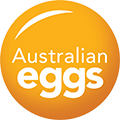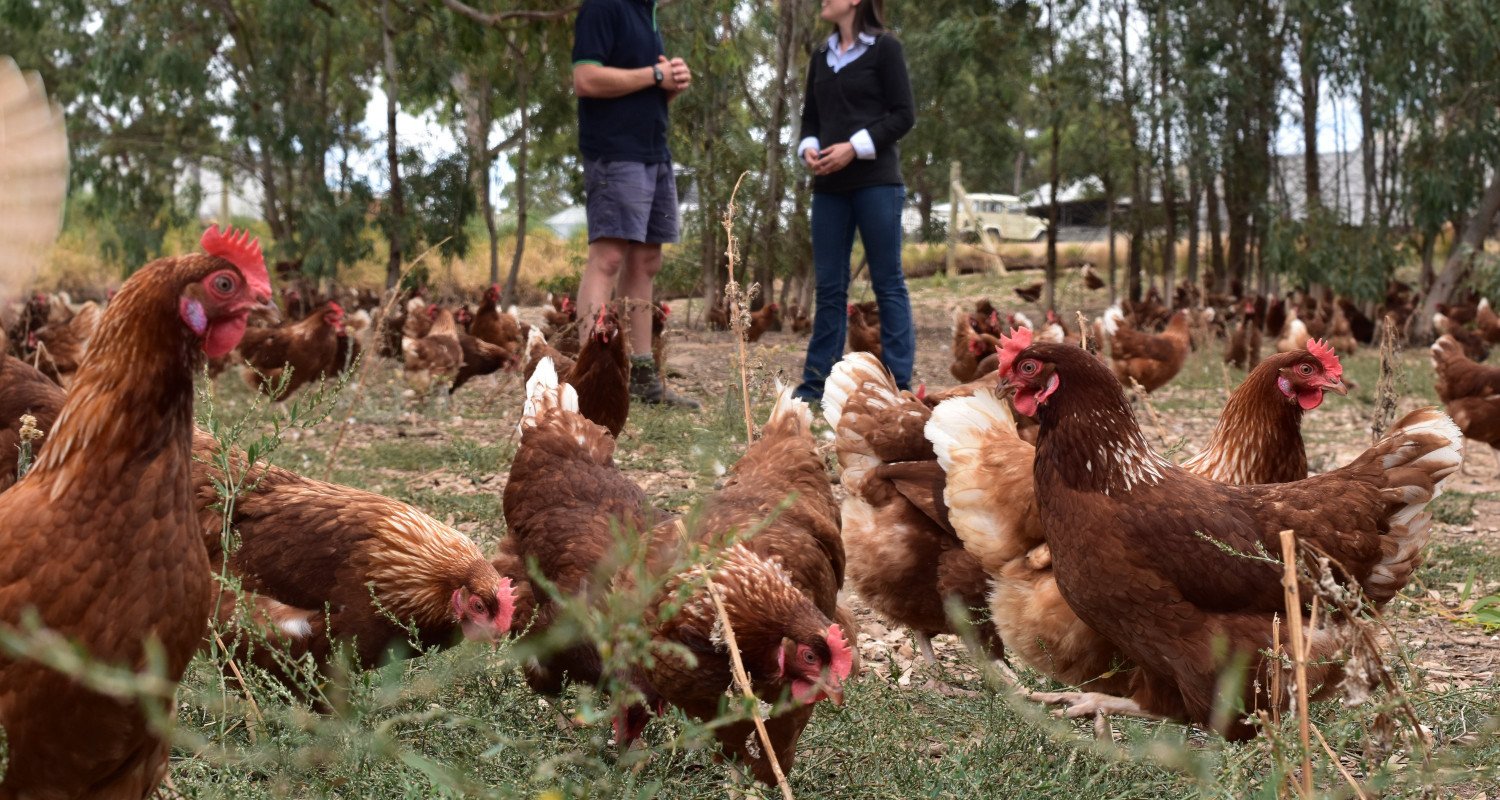
Thousands respond to CSIRO egg industry survey
Thousands respond to CSIRO egg industry survey
- Publication
- Categories
- Reading time 3 minutes

A survey canvassing the views of thousands of Australians about the egg industry has found that while the industry is viewed positively by the public, it also faces key challenges in developing deeper levels of trust with the Australian people.
The survey was commissioned by Australian Eggs, the industry’s research body, and developed and delivered by the CSIRO. The aim of the consultation was to help the egg industry gain an understanding of community sentiment, with the ultimate goal of developing a Sustainability Framework to help ‘future-proof’ the nation’s egg industry.
Delivering the report to Australian Eggs, CSIRO senior research scientist Dr Kieren Moffat said the report shows positive views about eggs as a household staple are matched by a strong concern for the welfare of the hens that lay them.
“Australians believe the agriculture sector is important to our way of life. Eggs were seen to be an affordable, nutritious staple in the national diet with around 75 percent of respondents agreeing or strongly agreeing with the statement,” Dr Moffat said.
“Yet the industry faces real and important challenges to maintain this level of acceptance and support.”
The report shows hen welfare is very important to Australians, with around 80 percent of respondents agreeing or strongly agreeing that hens should be well cared for. The report also makes it clear that more needs to be done to help the community understand the industry.
“In analysing the data, we observed quite a number of ‘not sure’ responses around issues such as the industry’s environmental impacts, some hen welfare items and the economics of the industry,” Dr Moffat said.
“This indicates there is work to do to help the community better understand important parts of the egg supply chain in Australia.”
Commenting on the report, Australian Eggs Managing Director Rowan McMonnies said the findings of the survey will be invaluable in helping to develop a sustainable future for the egg industry.
“We went into this process with our eyes wide open, determined to improve our understanding of community sentiment about our industry,” Mr McMonnies said.
“There’s been a pleasant surprise with some of the results revealing a level of support that usually goes unsaid. But more importantly, this research directs us to where we need to focus to strengthen community trust.”
“Some of that work might be around improving our communication so Australians have a better understanding of egg farming in context, but we will also be looking at different aspects of egg production and how it can be improved.”
Mr McMonnies said the findings of the report had been welcomed by Australian Eggs’ members.
“Egg farmers have their finger on the pulse of consumers but this is the first time our members have heard directly from the community. They are encouraged by the level of support for their industry and are open to exploring areas where the industry can improve.”
The survey will be repeated annually over a three year period to enable Australian Eggs to benchmark progress.
Consultation Methodology
The first step was a stakeholder engagement process with 17 individuals who represent a diverse set of perspectives on the Australian egg industry. From these different perspectives, the community survey was developed.
Survey responses were collected across the country through two methods: a research panel matched to ABS population statistics (representative sample) and an open call via a web link (open sample).
Once the data was cleaned the final numbers were:
- Representative sample - 4,797 analysed surveys
- Open sample - 7,876 analysed surveys
The CSIRO’s report provides a comprehensive summary of the findings and the results of each sample. It is is available through the Australian Eggs and CSIRO websites:
https://www.australianeggs.org.au/what-we-do/sustainable-production/sustainability-framework/
https://research.csiro.au/eggs/
ENDS
 >
> 
